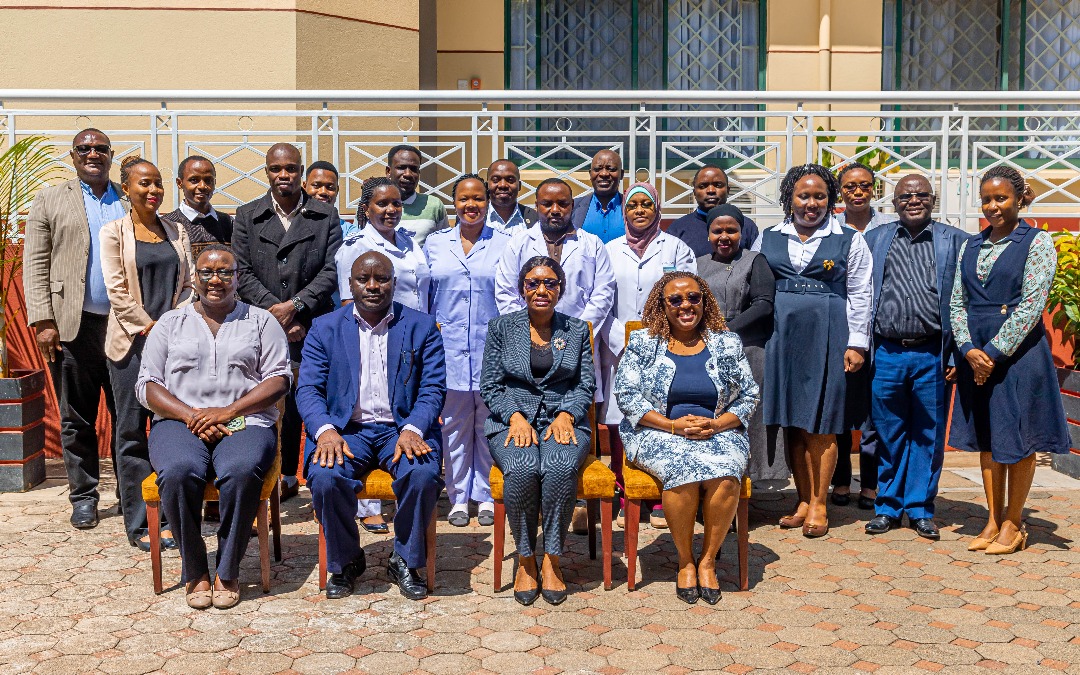
LAUNCH: IMARISHA kicks off to safeguard the well-being of primary health care workers

In Arusha, Tanzania on August 28, 2025, the Ministry of Health, the President’s Office – Regional Administration and Local Government (PO-RALG), the World Health Organization (WHO), the International Labour Organization (ILO), the Tanzania Gender Networking Programme (TGNP), and the Tanzania Nurses Association (TANA) convened in Arusha for the inception meeting of the IMARISHA Project.
Implemented in Tanzania by the Ifakara Health Institute, the multi-country initiative seeks to investigate and address the well-being of frontline healthcare workers in primary healthcare (PHC) facilities, with a particular focus on tackling gender-based workplace violence.
Chief Medical Officer Dr. Grace Magembe, the guest of honor, highlighted the critical importance of the project: “The IMARISHA project is so timely and so vital. It provides an important opportunity to better understand the well-being of primary health care workers, including the gendered dimensions of workplace violence. The evidence generated will not only shine a light on the realities our health workers face but will also guide actionable recommendations to improve their welfare and strengthen the structures that support them.”
The project is funded through the University of the Western Cape. In Tanzania, the Ifakara Health Institute is leading implementation alongside partners from Burkina Faso, South Africa, and the United State University Malaysia.
>> Learn more about the project here
Research activities in Tanzania will be implemented in two regions—Morogoro, Tabora and Dar Es Salaam—targeting healthcare workers, community health workers, facility committee members, and policymakers. The project also seeks to co-develop interventions to address gendered workplace violence, aspects of well-being and embed systems of workplace accountability to protect and support PHC workers.
All stakeholders reaffirmed their commitment, a sentiment underscored by Dr. Magembe, who emphasized: “The Ministry of Health and partner institutions remain fully committed to this initiative. We will ensure that its findings are not only well documented but also translated into meaningful improvements for our health workforce—the true heartbeat of our system.”
The one-day meeting provided a platform for dialogue and collaboration among representatives from the ministry of health (MOH), President’s Office Regional Administration and Local Government (PO-LARG), World health organization (WHO), International Labour Organization (ILO), Tanzania Gender Networking Programme (TGNP), Tanzania Nurses Association (TANA) emphasizing a shared commitment to creating a safe, empowered, and supportive environment for frontline health workers in Tanzania and beyond.
